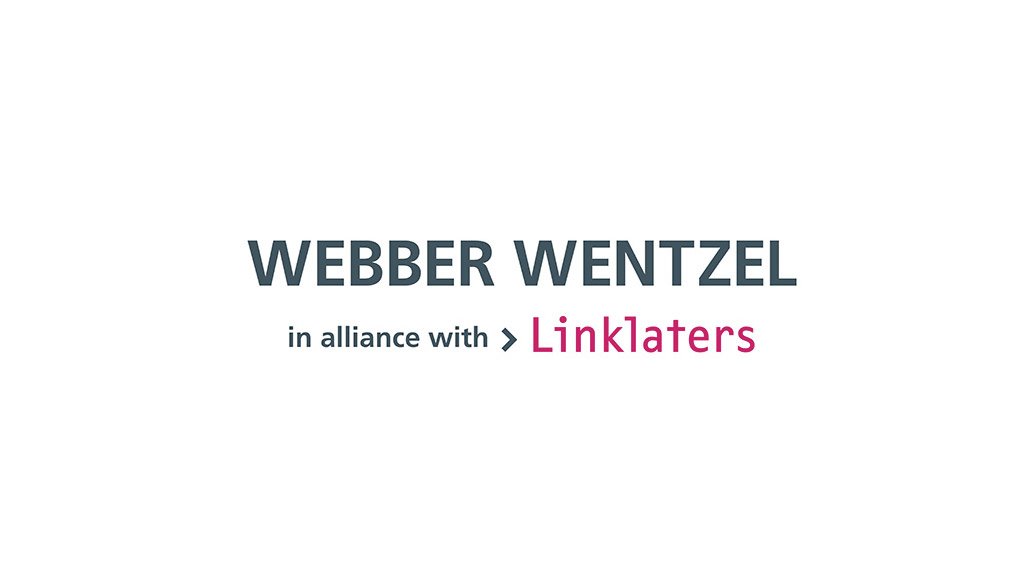All employers, employees and trade unions will need to be aware of the Constitutional Court's recent Dunlop decision which has clarified much of the uncertainty around how derivative misconduct is applied in the workplace. (NUMSA obo Nganezi & Others v Dunlop Mixing & Technical Services (Pty) Ltd & Others (CCT202/18) [2019] ZACC 25).
In summary, the Court held that derivative misconduct is ultimately founded on the trust relationship inherent in all employment relationships and there is no general obligation on all employees to share information about colleagues to their employers. However, the court held that where an employee is aware that a colleague could potentially be guilty of misconduct, such an employee should bring this to the employer's attention and failing to do so can constitute derivative misconduct. The Court, however, also added that employers must exercise caution when dealing with derivative misconduct and that it cannot be used as a catch-all tool to dismiss a large number of employees suspected of misconduct. Individual identification of the employees together with evidence proving involvement is necessary to pass the substantive fairness test for derivative misconduct.
Background facts - Dunlop
A protected strike commenced at the employer, Dunlop, in August 2012. The strike turned violent and Dunlop sought and obtained an urgent interdict to stop the violence. The violence nevertheless continued and included the setting alight of the home of a manager and damage to several vehicles owned by employees and visitors of Dunlop. Dunlop unsuccessfully sought the assistance of the majority trade union, NUMSA, to identify all employees involved in the violence.
In September 2012, a number of employees were dismissed either as culprits of the violence or on the basis of derivative misconduct. NUMSA challenged the fairness of the dismissal and the matter proceeded to arbitration. The arbitrator classified the dismissed employees into three categories:
The dismissals of employees in category A and B was held to be procedurally and substantively fair. However, the arbitrator found that the dismissal of employees in category C was procedurally fair but substantively unfair. These employees were reinstated. Dunlop successfully reviewed and set aside the arbitration award at the Labour Court. NUMSA then unsuccessfully took the matter to the Labour Appeal Court. The matter proceeded to the Constitutional Court.
Derivative misconduct - earlier decisions and Dunlop
Derivative misconduct, which is founded on the duty of good faith, was initially articulated by the Labour Appeal Court in 1998 in Chauke v Lee Services Centre t/a Leeson Motors 1998 (19) ILJ 1441 (LAC). An employee owes a duty of good faith to his or her employer. A breach of this duty can occur in many ways, including if an employee withholds information that the employer's business is being undermined. Such a breach can justify dismissal of the employee in question.
The Labour Appeal Court, in Western Platinum Refinery Ltd v Hlebela & others [2015] ZALAC 20; (2015) 36 ILJ 2280 (LAC), added that the "dismissal of an employee is derivatively justified in relation to the primary misconduct committed by unknown others, where an employee, innocent of actual perpetration of misconduct, consciously chooses not to disclose information known to that employee pertinent to the wrongdoing." The Hlebela judgment confirmed the following principles relevant to derivative misconduct:
- the undisclosed knowledge of the wrongdoing must be actual rather than imputed or constructive;
- it must be withheld deliberately;
- the duty to disclose does not depend on the seriousness of the primary misconduct or rank of the employee concerned;
- knowledge of the misconduct triggers the duty to disclose and it is not dependant on a request from the employer; and
- given the nature of derivative misconduct, the employer will need to provide compelling evidence to show that an employee is guilty of such misconduct.
In Dunlop, the Constitutional Court confirmed that there is a common law duty on the employee to act in good faith and a reciprocal common law duty on the employer of fair dealing with its employee. Put differently, the employee has a duty to disclose knowledge of misconduct (or potential misconduct) of fellow employees. However, such a duty is only applicable if the employer is able to offer protection and guarantee the safety of the employee in making such a disclosure. The proviso avoids the following problem: Where an employer fails to appreciate that there are many ways for an employee to associate themselves with the primary misconduct, the risk of using the notion of derivative misconduct as a means for easier dismissal is increased. In proving derivative misconduct, the employer relies on inferential reasoning to determine whether an employee is guilty or innocent. The employer is under an obligation to conduct a thorough investigation and the most probable inference must be drawn to show that the employee is guilty of derivative misconduct. On the facts, in Dunlop, the employer was only able to show that some of the employees were present and so, to dismiss all of the employees without individual identification was not justifiable.
Written By Dhevarsha Ramjettan, a Partner and Shane Johnson, a Professional Support Lawyer at Webber Wentzel
EMAIL THIS ARTICLE SAVE THIS ARTICLE ARTICLE ENQUIRY
To subscribe email subscriptions@creamermedia.co.za or click here
To advertise email advertising@creamermedia.co.za or click here











